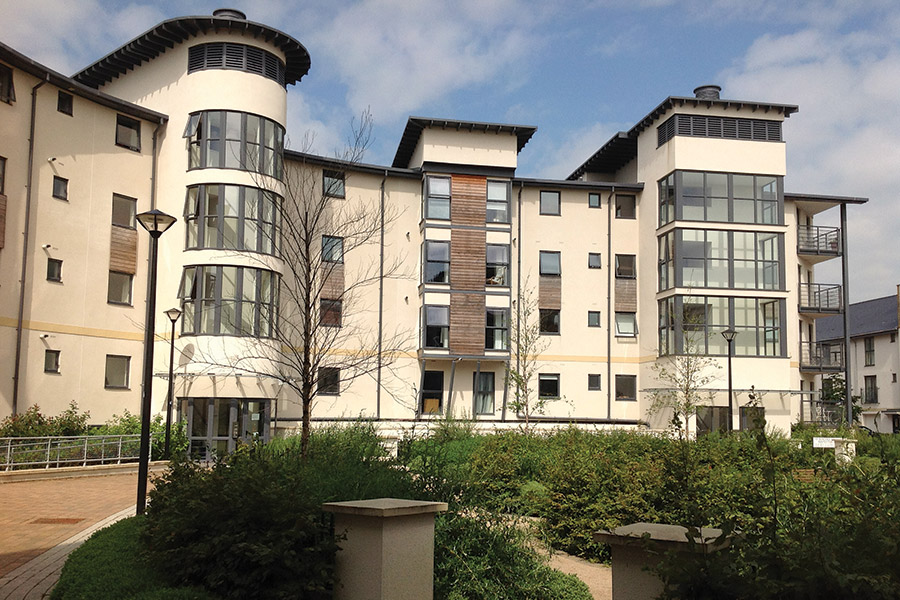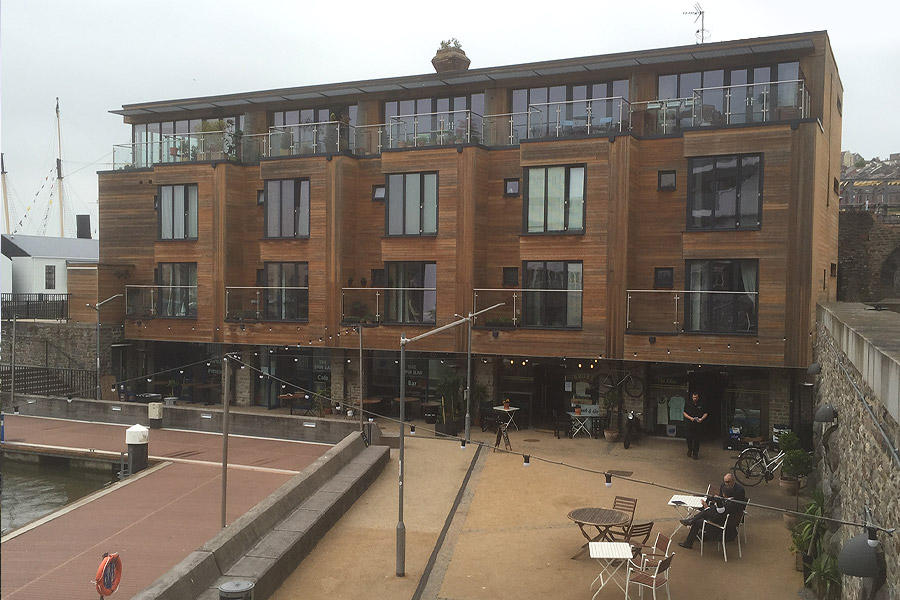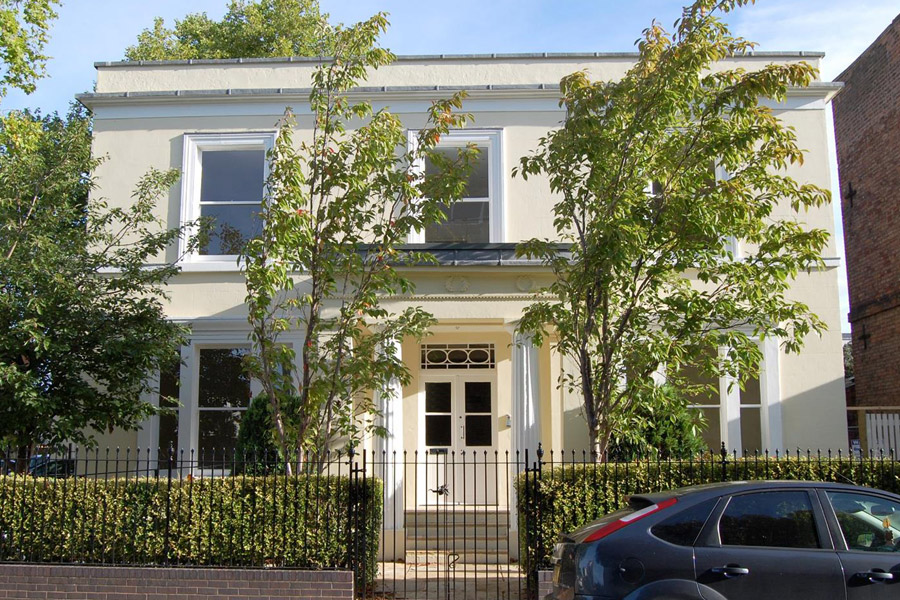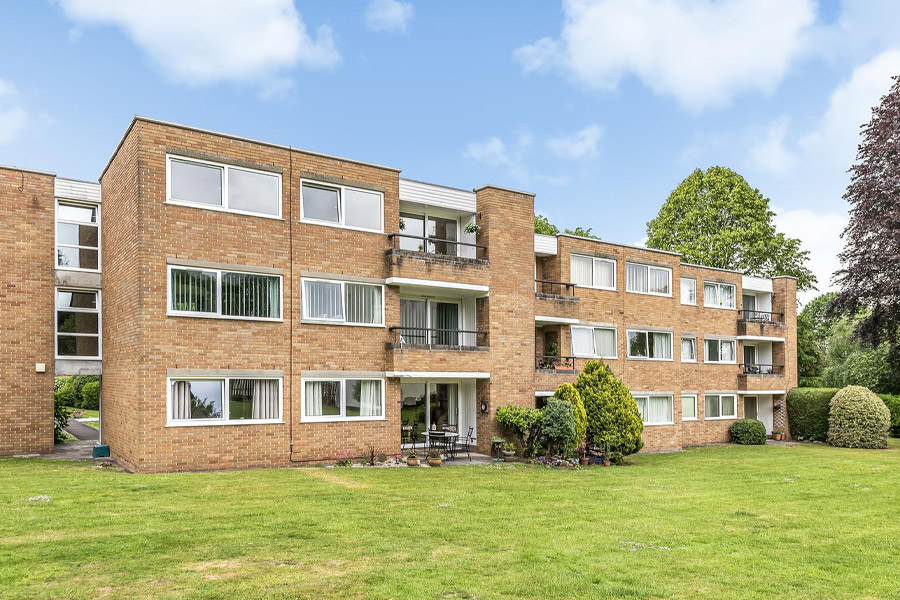
Freehold Enfranchisement
The Leasehold Reform, Housing and Urban Development Act 1993 (‘the Act’) provides qualifying lessees with the legal right to purchase the freehold of the building within which their flats are located; otherwise known as ‘the right to collective enfranchisement’.
Our clients express various reasons for acquiring the freehold, including that flats with a share of the freehold are typically of more interest to buyers than those without; to self-manage or appoint their preferred firm to manage the block; to grant 999 year leases; to take control of the finances, budgeting and long term maintenance of the block; or simply because the freeholder is missing.
In order to qualify under the Act the premises to be acquired must:
Consist of a self-contained building or part of a building;
Contain two or more flats held by qualifying tenants;
At least two-thirds of the flats must be held by qualifying tenants
What is the collective right to enfranchise?
There are a variety of reasons that you may be considering acquiring the freehold of your building, the most common being:
- To grant new (usually 999 year at NIL ground rent) leases to lessees. This will improve the marketability and re-financing of the property, which, in most cases, leads to considerably enhanced values being realised.
- You are dissatisfied with the service provided by your current freeholder or their appointed managing agent
- You wish to make improvements or alterations to the property, which require freeholders’ consent.
You should be aware however that unless you are experienced in estate management, taking over the day to day running and management of a block of flats is onerous and brings with it numerous legal, health & safety, and best practice obligations. Once you’ve acquired the freehold interest you may therefore decide to appoint a specialist estate management company who will act upon your instructions.
Considering purchasing the Freehold of your block? Read on...
There are a variety of reasons that you may be considering acquiring the freehold of your building, the most common being:
- To grant new (usually 999 year at NIL ground rent) leases to lessees. This will improve the marketability and re-financing of the property, which, in most cases, leads to considerably enhanced values being realised.
- You are dissatisfied with the service provided by your current freeholder or their appointed managing agent
- You wish to make improvements or alterations to the property, which require freeholders’ consent.
You should be aware however that unless you are experienced in estate management, taking over the day to day running and management of a block of flats is onerous and brings with it numerous legal, health & safety, and best practice obligations. Once you’ve acquired the freehold interest you may therefore decide to appoint a specialist estate management company who will act upon your instructions.
Am I entitled to acquire my freehold?
Under the Leasehold Reform Housing and Urban Development Act 1993 (as amended) an application to purchase your freehold must be made by at least 50% of the flats in the block and each of those flats must have been originally granted leases that were in excess of 21 years. There is no residency requirement and hence buy-to-let lessees are equally entitled to participate.
There are a number of requirements which your solicitor or Coupe Property Consultants would be pleased to advise on. For example, in blocks of two flats, both lessees must participate in order to qualify. There are further restrictions concerning mixed residential and commercial sites, and other particular requirements which could apply in individual circumstances.
Costs of Acquisition
As with lease extension you will be required to meet your own valuation and legal costs, as well as those reasonable costs incurred by your landlord.
Where landlord’s costs are deemed unreasonable an application for determination of costs can be made to the Tribunal.
Each party is responsible for their own negotiation fees and any costs incurred in referring the matter to the Tribunal.
For further advice on whether freehold acquisition is the right option for you, contact Coupe Property Consultants for an impartial, professional discussion.

Section 5 Notices
The Landlord and Tenant Act 1987 confers on qualifying tenants a right of first refusal if the landlord proposes to make a relevant disposal of his interest in the building. If the landlord fails to serve a valid notice prior to disposing of the freehold to a third party, then the lessees have the right to insist on the transfer of the freehold to them on the terms of that disposal.
We have been pleased to assist clients in responding to s.5 notices and in acquiring the freehold through their right of first refusal.
Lets talk…
Please don’t hesitate to contact Johanne Coupe who will be pleased to either meet with you or discuss your requirements over the telephone.
Recent Case Studies

The Boat House, Bristol |

Maitland House, Gloucester |

Henbury Gardens, Bristol |
